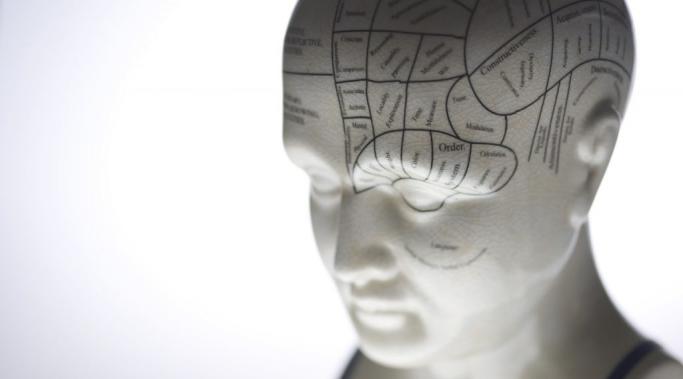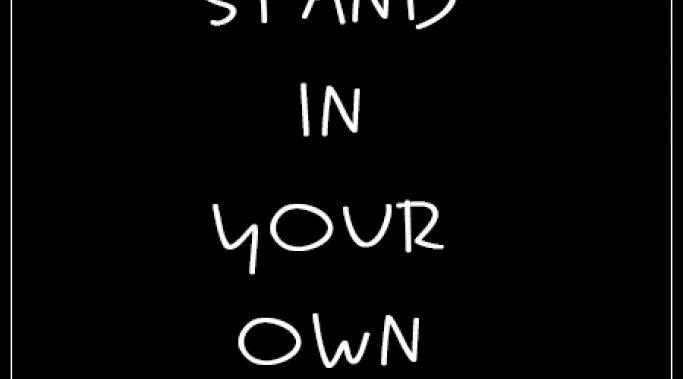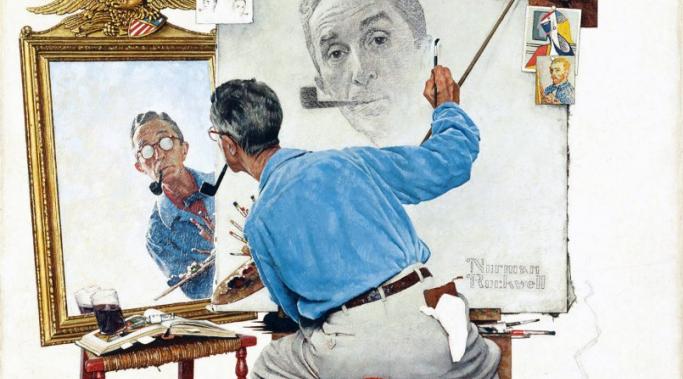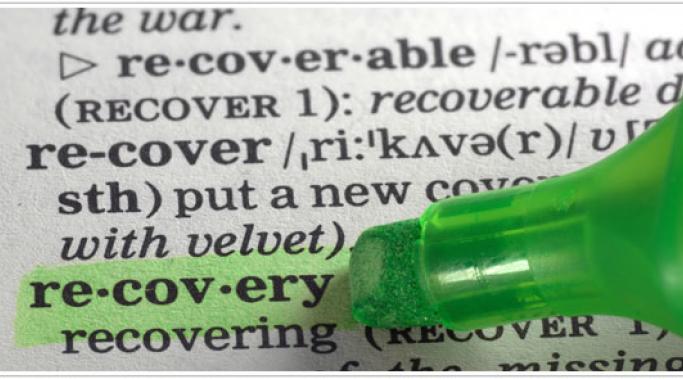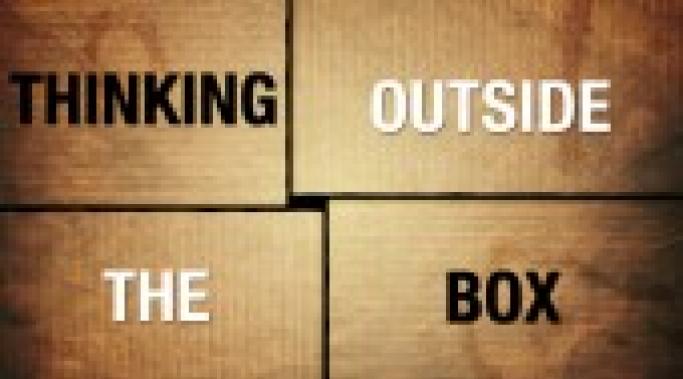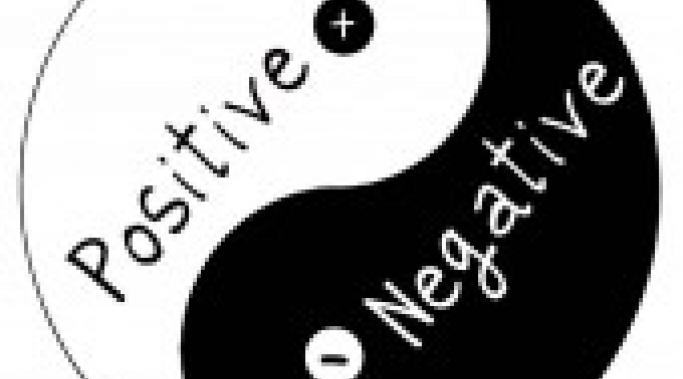You know it and I know it: When you live with a mental illness you run into your fair share of people who assume--usually based solely on diagnosis--that we must be "crazy." In this blog, I want to focus on three of these misconceptions and, well, smash them to pieces.
Embracing Mental Health Recovery
Ah, yes, categories. When first diagnosed with a mental illness, many of us already feel as though we are suddenly defined by our illness. We immediately need to drastically change our lives. That's tough enough but, more often than not, we also have to explain to those in our lives that, yes, we have been diagnosed with a mental illness, but we are still the same person. You and I both know that this isn't easy, but it is a great way to weed out those who will support you and those who may not.
When first diagnosed with a mental illness, our lives--and the lives of those closest to us--change drastically. Immediately. For lack of a better cliche: like night and day; black and white. We know, instinctively, that our lives will never be the same. But if we take positive steps to move forward in mental health recovery, our lives will become more manageable.
Recovering from the diagnosis of mental illness is hard enough, but we often--conscious or not--self-sabotage our mental health recovery. This blog will attempt to explain why we may do this and, well, how we can focus on recovery without making the process any more difficult.
When first diagnosed with a mental illness our lives--and the lives of those closest to us--change drastically. For lack of a better cliche: like night and day; black and white. We know, instinctively, that our lives will never be the same. Sometimes, we fear they will become more difficult, or we will forget who we were prior to diagnosis. It often feels as if we are losing a part of ourselves--our "self." And that's scary. Let's explore why we may feel this way.
Feelings of grief are often connected to the diagnosis of mental illness. When first diagnosed, it can feel as if a part of you, of your life, has died. This blog will explore the definition of grief, its connection to our mental health, and ways in which we can utilize it in a positive fashion (yes, positive!) to help us on our journey to mental health stability.
First, let me state the obvious: When you are diagnosed with a mental illness everything is difficult. That being said, I believe there are certain things, feelings and experiences, that are probably more difficult then, say, making sure you eat lunch. I want to narrow it down to five because those of us living with a mental illness know that we could compile a book the size of a dictionary if we wanted too. I'm pretty sure we wouldn't want to do that, right?
A toolbox of creative coping skills can make mental illness recovery easier. It used to be that when I pictured a toolbox, two images come to mind: My toolbox full of art supplies which is used often and the toolbox sitting in storage. It contains hammers and nails and other strange things. But now I think of a toolbox in a new way. A toolbox of creative coping skills is a collection of ideas that we can use to combat, and learn to live with, mental illness.
This topic came to me at a rather ridiculous time---though this is often the case and I am usually somewhere without a pen!---when putting on mascara. Ah, yes. The best ideas plant themselves in my often scattered brain when I am doing anything other than wondering what I might write about.
That being said, with mascara wand in hand, I ran into my office, grabbed a pen, and scribbled it down. And then I thought: "Can we actually view our mental illness positively?" At this moment, as I write these words, I have no idea. But I want to give it a shot. After all, what's the worst that could happen (cue somber music)?
You know it and I know it: living with a mental illness and being open about it can have dire consequences. And, frankly, it pisses me off. Let's look at some of the more common (exceedingly irritating) stigmas about living with a mental illness.

